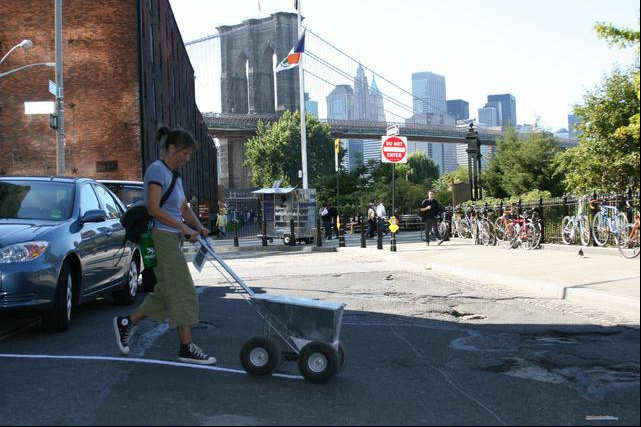End Ecocide in Europe is a European Citizens Initiative which has proposed a law to the European Union to make ecocide a crime. An online petition was launched in 2013 which failed to reach its target of 1,000.000 votes, but 112,000 Europeans did vote and a charter will be published on 30 January 2014 calling for the establishment of a European and an International Criminal Court for the Environment. This charter is the result of a newly formed coalition of organisations advocating for the recognition of environmental crimes. End Ecocide in Europe is among the initiating organisations.
Deepwater Horizon, Fukushima, the Erika oil spill or Rosia Montana are just a few examples of catastrophes which could be prevented through this new law establishing a strict liability for both, decision-makers in business and government, as well as corporations, for such crimes.
Prisca Merz, volunteer Director of End Ecocide in Europe
This great video was launched in February 2013.








